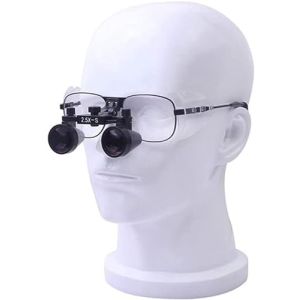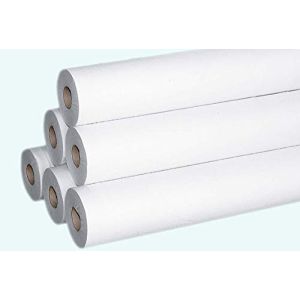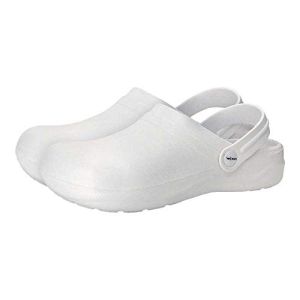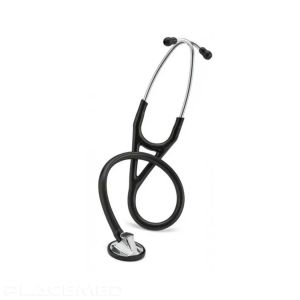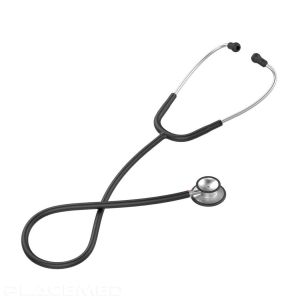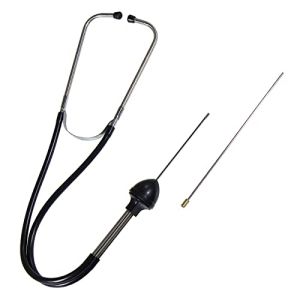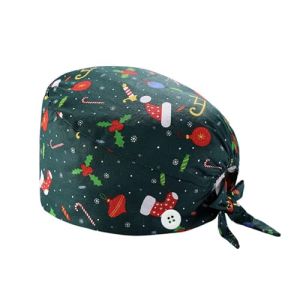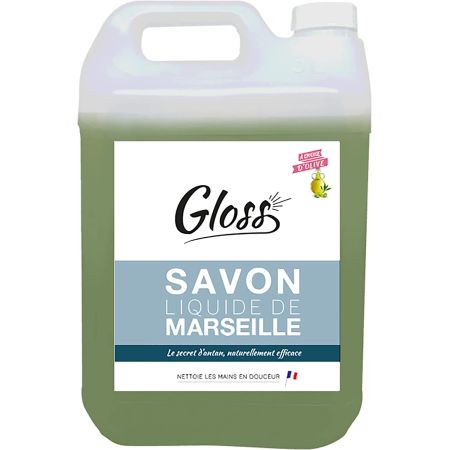
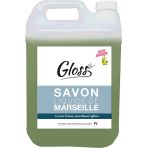
GLOSS - Liquid Marseille Soap - 100% Vegetable - Cleans and Degreases - Softens Hands - With Olive Oil - 5L - Made in France
The GLOSS liquid Marseille soap is 100% vegetable and respects tradition.
- NATURAL AND EFFECTIVE
- WET AND SOAP
- ECOLOGICAL AND ECONOMICAL
- MADE IN FRANCE
- EASY TO USE
Estimated shipping time: 3 business days
A trusted intermediary
Certified professionals
Secure transactions
Certified professionals
Secure transactions
22.81€ Excl Tax
27.37€ Incl Tax
Estimated delivery on 04/02/2026
In Stock
Sold by
Amazon
Customer reviews
Read reviews
Specifications
| SKU | B09X7FWXZY |
|---|---|
| EAN |
ND
|
Description
Description - GLOSS - Liquid Marseille Soap - 100% Vegetable - Cleans and Degreases - Softens Hands - With Olive Oil - 5L - Made in France
NATURAL AND EFFECTIVE: 100% Vegetable, this soap is used for frequent hand washing. It leaves hands pleasantly scented and soft. Traditional recipe with olive oil PH: 10.5. This soap is also ecological and economical thanks to its 5L container, which helps reduce the use of single-use products. Purchasing this format allows for a more attractive price per liter. The use is simple: just wet hands with clear water, lather with the liquid Marseille soap, rub hands well, and rinse thoroughly. All GLOSS products are designed and manufactured in France, ensuring premium quality. GLOSS offers natural and effective solutions that are good for the home, health, and the planet.
Reviews (0)
 Francais
Francais 

